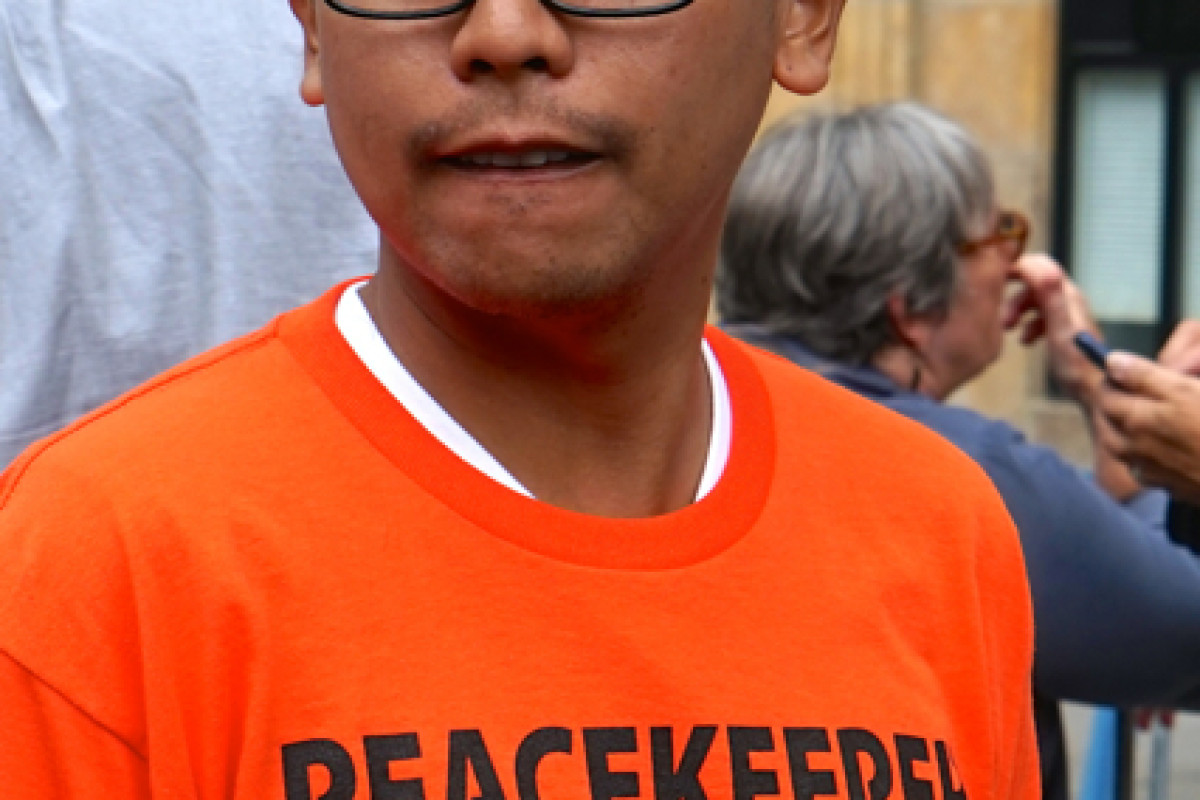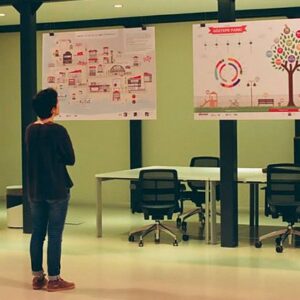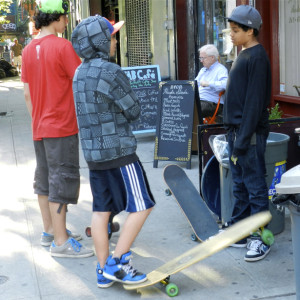Different social class backgrounds affect transition to college
The majority of first generation and low-income students struggle to survive the transition from home to college because their experiences and social class backgrounds often leave them confused about the middle-class cultural norms that define university life. These students, especially those at elite private universities, frequently feel psychological distress, social exclusion, and academic anxiety even though they have finally achieved what is supposed to be the golden gateway to a successful life. I experienced these feelings as a first generation student a generation ago.
Today’s college bridge programs address first generation student “needs” generally by focusing on ways to fix academic defects and financial shortfalls. They rarely discuss how social class backgrounds affect the entire college experience. All too often college administrators and students just don’t have the vocabulary to engage in meaningful conversations about social class.
But these conversations are crucial.
We need to acknowledge that social class backgrounds affect how students adjust to and experience college life. During the last several decades the social-class achievement gap has widened, not narrowed, on U.S. college and university campuses. And we need to understand why.
An increasing body of research shows that just talking about social class differences can make a dramatic impact on college transition and success among first generation students. Researchers at Northwestern University (Illinois, USA) tested an intervention to reduce the achievement gap through discussing how different social class backgrounds affect how students experience college.
Compared with their continuing-generation peers, first generation students are especially likely to feel left out and to have trouble finding their place. – Stephens, Hamedani and Destin
Students (both first and continuing generation students) were randomly selected to attend panel discussion where college seniors shared their individual stories of adjustment, highlighting their individual social class backgrounds when they addressed issues such as anxiety, stress, social engagement and academic achievement. Students in the control group (those who experienced the typical bridge programs) did not discuss experiences in the context of social class background.The intervention provided first generation students with a framework to understand that social class differences matter. And once first generation students become aware of these differences, the study concluded, the college transition experience became understandable — and doable.
Because my parents didn’t go to college, they weren’t always able to provide me the advice I needed … I learned that I needed to rely on my adviser more than other students -First generation college student.
The researchers found that when students talked about how their social class backgrounds affected their transition to and achievements in college, they felt able to take the next step and seek out resources.
First generation students today are facing their fears and taking steps to raise awareness. Programs are popping up around the country. Students at Brown University founded 1vyG to encourage first generation students at Ivy League universities to work together and support each other through their undergraduate journeys. Students at Princeton University founded the Princeton Hidden Minorities Council (PHMC) in an attempt to get first generation students to talk about their experiences, find role models and build self-confidence through connected communities.
Yes, social class backgrounds do matter. And so do cultural differences.
In a recent article in the Chronicle of Higher Education, “How Sociologists Made Themselves Irrelevant –and What They Can Do about It”, Harvard sociologist Orlando Patterson discusses the importance of talking about cultural differences and how they affect perceptions of school and work. Reflecting on lessons learned in his work on black youth, Patterson concludes that “culture is not immutable, as is commonly believed, and … policies explicitly incorporating cultural change can be effective. Indeed, the history of change in America indicates that deep-seated cultural values, norms, beliefs, and habitual practices may be easier to change than structural ones.”
Patterson, like the Northwestern University researchers, advocates acknowledging and talking about differences. He notes that “people generally are not offended by attempts to change their values, habits, and even their modes of self-presentation if they are first persuaded that it is in their own interests to do so.”
Talking about how differences in social class backgrounds affect the college experience allows first generation students to see that making successful psychological, social and academic transitions to college life actually is in their self-interest. Armed with that knowledge, first generation students can leverage college resources that best serve their individual needs.















Awesome issues here. I'm very glad to peer your article. Thanks so much and I'm looking forward to touch you. Will you kindly drop me a mail?
Thank you. Do you use design thinking in your work?
Marvelous, what a weblog it is! This weblog gives valuable facts to us, keep it up.
Learned a lot today! Keep up writing some more of this very beneficial content.